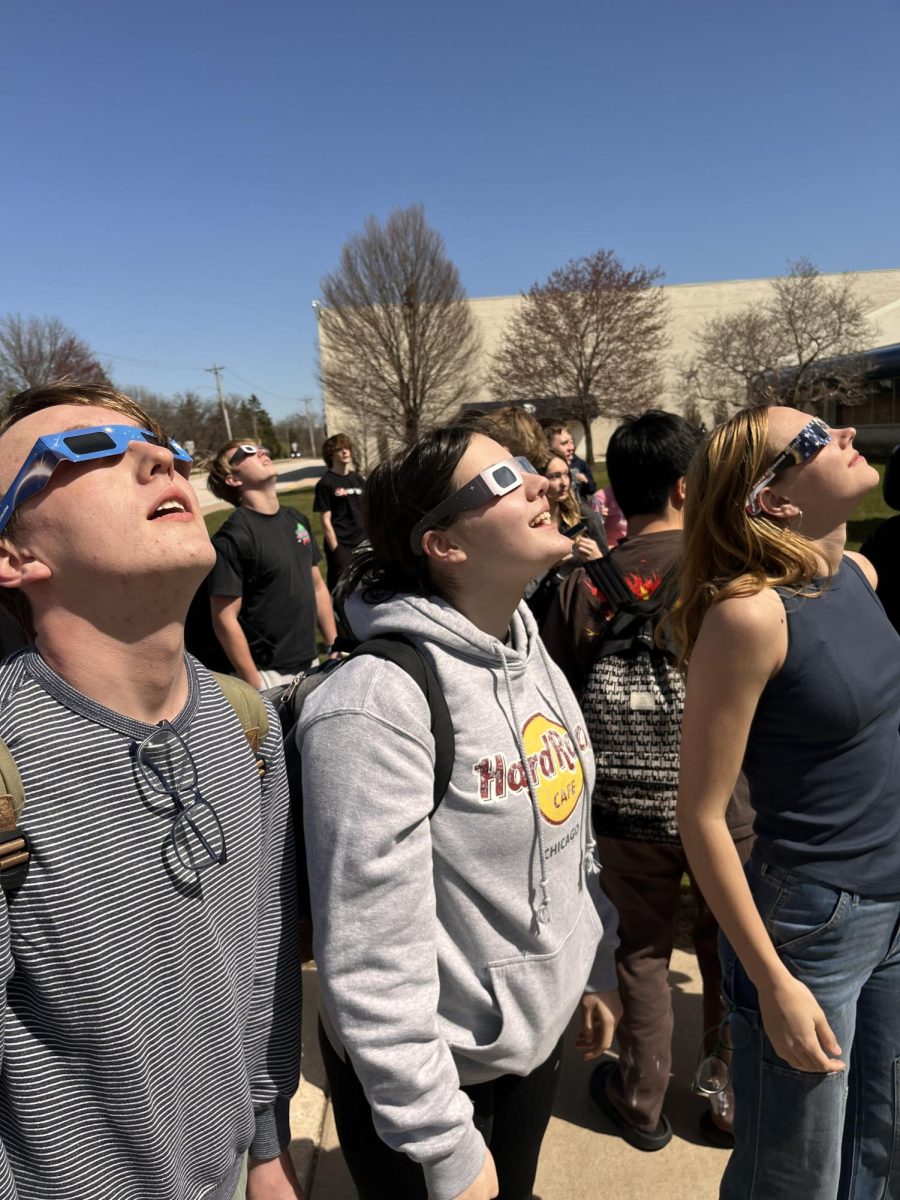Considered one of the greatest scientific minds since Albert Einstein, there’s no denying the fact that Stephen Hawking has tremendously impacted our understanding of theoretical physics and the universe itself. With his passing on March 14 of this year, it is a good time to reflect on his life and how modern physicists today continue to study his ideas.
Stephen Hawking was a British theoretical physicist born on Jan. 8 1942. He won a scholarship to University College, Oxford, in 1959. At the university, Hawking studied physics under Robert Berman, since the university did not offer a major in his favorite subject of mathematics. After Hawking graduated, he spent a small time studying sunspots through Oxford’s observatory, but quickly realized he enjoyed theoretical science more than experimental science. He left Oxford for Cambridge where he could pursue his passion.
Another turning point for Hawking came when, at the age of 21, he developed amyotrophic lateral sclerosis (ALS or “Lou Gehrig’s disease”). The motor neuron disease would cripple Hawking and eventually leave him in a wheelchair. Doctors at the time only gave Hawking two to three years to live. Miraculously, Hawking survived, and used his disease as a motivation to continue his studies. As Hawking once quoted, “Before my condition was diagnosed, I had been very bored with life,” he said. “There had not seemed to be anything worth doing.”
Hawking studied science, specifically cosmology and black holes, with a newfound passion. In the late 1960s, Hawking and a Cambridge friend expanded upon Einstein’s general theory of relativity. Hawking developed a singularity theory that proved that space and time would have had a beginning in a big bang event and would end in black holes.
Hawking discovered many other aspects of black holes. He was able to provide a mathematical proof of John Wheeler’s “No-Hair Theorem” that any black hole can be described using mass, angular momentum, and electric charge. Hawking proposed the four laws of black hole mechanics, which are very similar to the laws of thermodynamics.
What the scientist is probably most famous for is the discovery of Hawking radiation. It used to be believed that nothing could escape the pull of gravity of a black hole. However, Hawking used the laws of quantum mechanics and thermodynamics to prove that if black holes had a defined entropy, then some of the particles would have to be able to escape the black hole. These particles are what are known as Hawking radiation. This led to a very popular paradox known as the information paradox. If particles are able to escape, then information must also be able to escape a black hole. This seems impossible because scientists believe that black holes can only destroy this information.
Hawking published many of his ideas on black holes and the history of the universe in books. He has authored or co wrote a total of 15 books. His most popular selling book is “A Brief History of Time”, which describes the origins of the universe in a very dumbed down way that the reader is able to grasp.
Some of his ideas are taught in the AP physics curriculum at Pleasant Valley. Ian Spangenberg, who teaches this class, discussed the importance of Hawkings’ ideas to modern physics.
“In the modern physics the students learn about quantum mechanics, which Hawkings helped contribute new ideas about.”
Hawking will be missed as many of his ideas have changed the way we see the universe. As author and physicist Lawrence Krauss tweeted: “A star just went out in the cosmos. We have lost an amazing human being. Stephen Hawking fought and tamed the cosmos bravely for 76 years and taught us all something important about what it truly means to celebrate about being human.”














